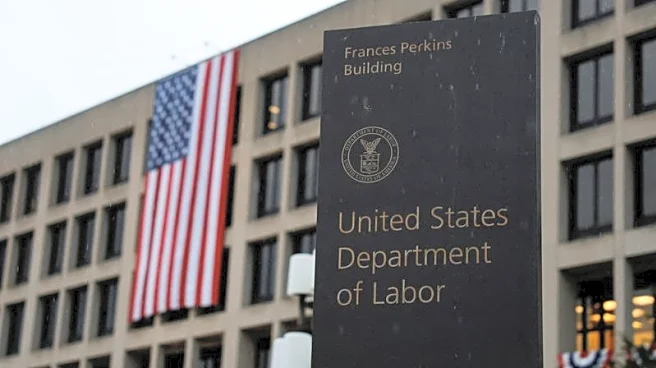What's Happening?
Leading physician groups in the United States are openly defying Robert F. Kennedy Jr.'s stance on vaccine recommendations, particularly concerning COVID-19 vaccines. The American Academy of Pediatrics and the American College of Obstetrics and Gynecology have announced their continued support for COVID vaccinations for young children and pregnant individuals, despite Kennedy's move to end such recommendations. Kennedy has warned these groups that their members could lose liability protections from medical malpractice lawsuits if they do not adhere to government vaccine guidance. This conflict has led to concerns about the availability of vaccines, including flu and routine childhood shots, as drug manufacturers may produce fewer doses and insurers might not cover vaccines not recommended by the government.
Why It's Important?
The ongoing dispute between the Trump administration and medical organizations over vaccine guidance has significant implications for public health in the U.S. The potential reduction in vaccine availability could lead to increased vulnerability to preventable diseases, particularly among high-risk groups such as young children and pregnant individuals. The situation underscores a growing divide in public trust regarding vaccines, which could result in lower vaccination rates and higher incidences of diseases like measles, which had been previously eradicated in the U.S. The conflict also highlights the tension between federal health policy and scientific consensus, potentially affecting future vaccine development and public health strategies.
What's Next?
The divide between the Trump administration and medical authorities may widen as New England states consider issuing their own vaccine guidance. The loss of federal funding for mRNA technology, due to Kennedy's cancellation of contracts, could hinder the development of new treatments. This situation may lead to more people foregoing vaccinations, increasing the risk of disease outbreaks. Stakeholders, including state governments and healthcare providers, may need to navigate these challenges to ensure continued access to vaccines and maintain public health standards.











